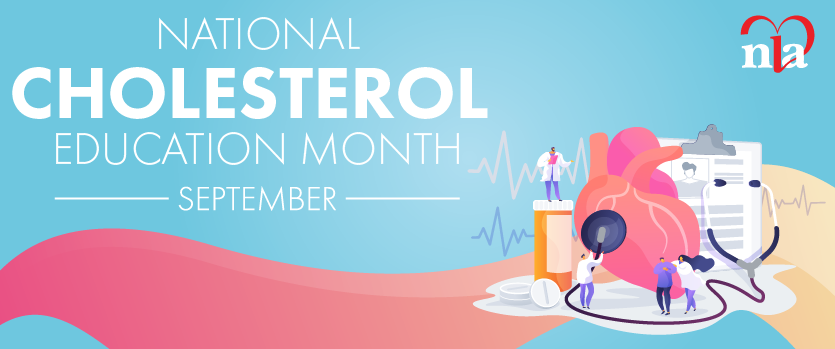Winter 2018
Up to 80 percent of post-menopausal women suffer from a variety of symptoms related to decreased estrogen. The most common symptoms are vasomotor symptoms (VMS) such as hot flashes and night sweats. Painful intercourse, vaginal dryness, and urinary incontinence are considered vulvovaginal... more
This issue is sponsored by the Northeast Lipid Association. Featuring: "Evaluation of Women for the Primary Prevention of Atherosclerotic Cardiovascular Disease" "Current Understanding of the Contribution of Lipoprotein(a) to Atherosclerotic CardiovascularDisease Risk in Women" "Conventional... more
Great organizations thrive by looking forward, and the National Lipid Association is no different. In looking forward, we must have a vision of how we will continue to grow our brand and membership, which ultimately helps advance the practice of clinical lipidology. NLA leadership, along with... more
I am proud to represent the Northeast Lipid Association (NELA) as president, and in my 30th year of clinical lipidology. At the start of my practice at the the VA Medical Center (VAMC), lovastatin and ATP-1 were just introduced. In these 30 years of practice LDL-C targets have changed from... more
A 52-year-old woman was referred to our Lipid Clinic several weeks ago by her primary care physician who felt overwhelmed and exasperated and was asking for assistance in her management. She presented for primary ASCVD prevention with multiple risk factors for cardiovascular disease. She was... more
The 2013 American College of Cardiology (ACC)/American Heart Association (AHA) Guideline on the Treatment of Blood Cholesterol to Reduce Atherosclerotic Cardiovascular Risk in Adults suggest that there are four adult-treatment groups for whom moderate or high-intensity statin drugs should be... more
It is well-established that, compared to men, post-menopausal women enjoy a degree of protection against atherosclerotic cardiovascular disease (ASCVD).1 The rate of ASCVD in post-menopausal women matches or even exceeds that in men.1 In spite of the pre-menopausal protection for women,... more
Evidence in support of statins for the primary prevention of atherosclerotic cardiovascular disease (ASCVD) in women was sparse until recently.1 However, meta-analyses have documented that statins significantly reduce ASCVD event rates in women with elevated baseline risk.2,3,4 Yet a large... more
Hormone replacement therapy (HRT) in post-menopausal women has been a topic of constant debate. HRT with conjugated equine estrogens (CEE) or conjugated equine estrogens with progesterone, was perceived not only to relieve vasomotor symptoms associated with menopause but also to protect... more
Case History Mary is a 40-year-old school teacher who was referred for severe elevation of triglycerides (TGs). She has a past medical history of hypertension, gestational diabetes, pregnancy-induced hypertension, former tobacco use and idiopathic gastroparesis. She was not pregnant at the... more






.jpg)
.png)










